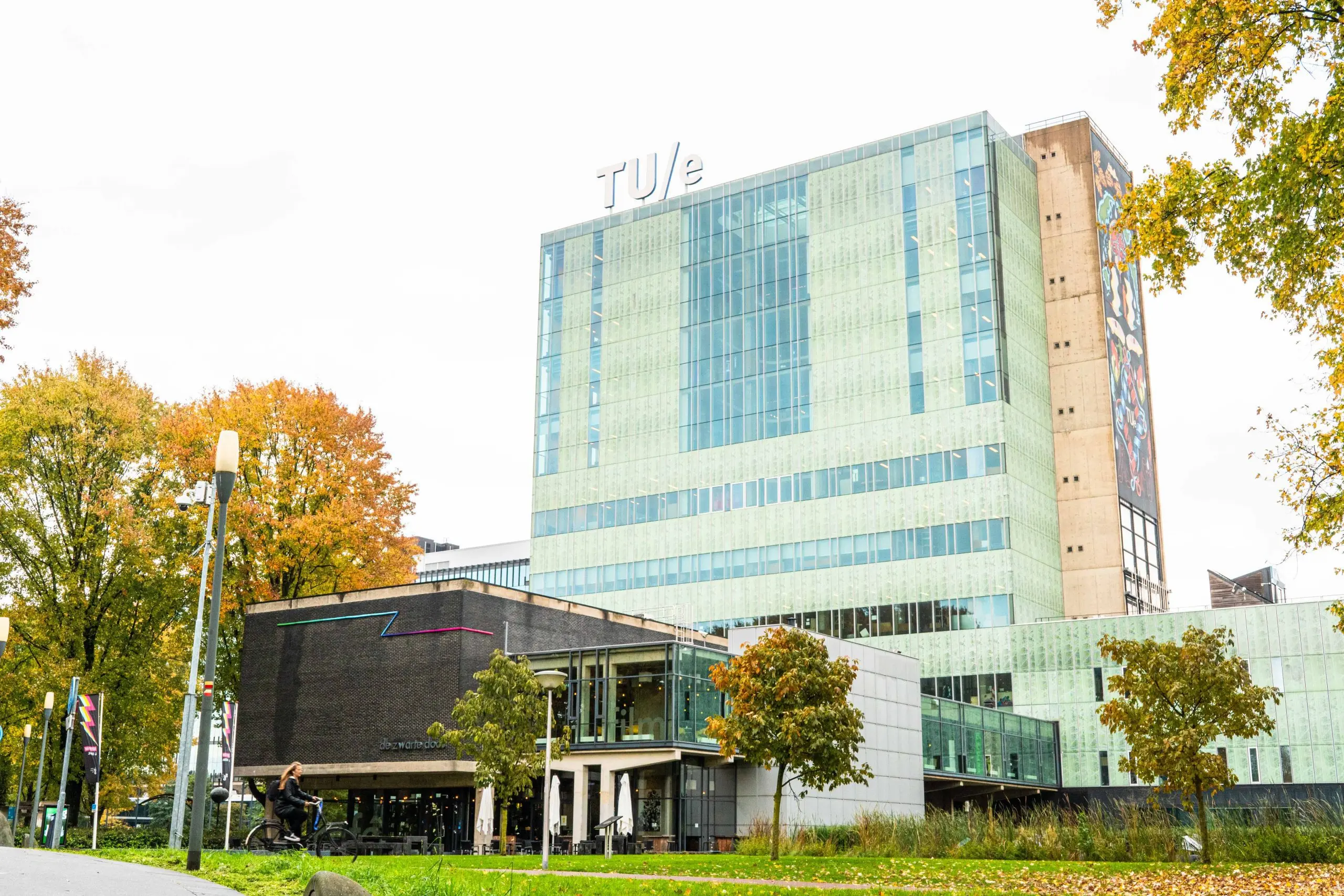Following a great deal of commotion about censorship, Eindhoven University of Technology news platform Cursor now has a new editorial statute. The Executive Board acknowledges the editorial team’s independence. The platform is ‘not a public relations vehicle’.
(Photo: Thijs van Reeuwijk)
“Cursor is the independent journalistic medium of TU/e”, the first sentence of the new statute reads. The editorial team must also receive sufficient resources to perform its tasks and no longer needs to have sensitive articles read by the editorial board prior to publication.
Censorship
The journalistic independence of TU/e’s news platform was compromised last year. A critical article about the new rector was banned from publication and Cursor’s editor-in-chief was relieved of his duties. In protest, the editorial board blacked out its own website. It wasn’t the first conflict between the editorial team and the board.
The old editorial statute said that Cursor had to keep in mind the “mission, objectives and interests” of the university. This sentence has been deleted.
The completely overhauled statute, which was approved by the Eindhoven university council last Monday, expressly states that Cursor enjoys journalistic freedom. For one thing, this means the medium is explicitly “not a public relations vehicle for the university, just as it is not a promotion platform for any particular interest.” The Executive Board “respects and guarantees the independent position of the editorial team”.
Editorial board reinforced
With the new statute, the Cursor editorial board is also being reinforced. It will include at least two journalism experts. “What’s more, from now on it will only be up to the editorial board to assess Cursor’s journalism”, says Roy op het Veld, temporary editor-in-chief of Cursor and responsible for the new statute. “As the publisher of the magazine, TU/e is only responsible for organisation, finances and personnel affairs. That may well be the most important improvement.”
By and large, the Eindhoven statute follows the recommendations by the Circle of Editors-in-chief of media in higher education, sees chair Willem Andrée. “For example, I’m very happy the editorial board will have a more important role. The editorial team will only be accountable to them for its journalistic work, not to the board.”
Last year, the Circle launched an investigation into all of the editorial statutes of higher education media, pursuant to the censorship at Cursor. Its results will soon be disclosed, says Andrée.
Lay down in the law
The editors-in-chief have asked the Ministry of Education to lay the independence of education magazines down in the law. Andrée: “Education and science have a public function and are paid from public funds. That’s why all higher education institutions must undergo democratic checks. This can only be done if higher education media are really independent.”
HOP, Olmo Linthorst
Translation: Taalcentrum-VU
- Delta also faced censorship this year. You can read how that happened here: Why Delta is only now republishing the article about I&IC. Like Cursor, Delta is working on a new editorial statute.
Do you have a question or comment about this article?
redactie@hogeronderwijspersbureau.nl


Comments are closed.